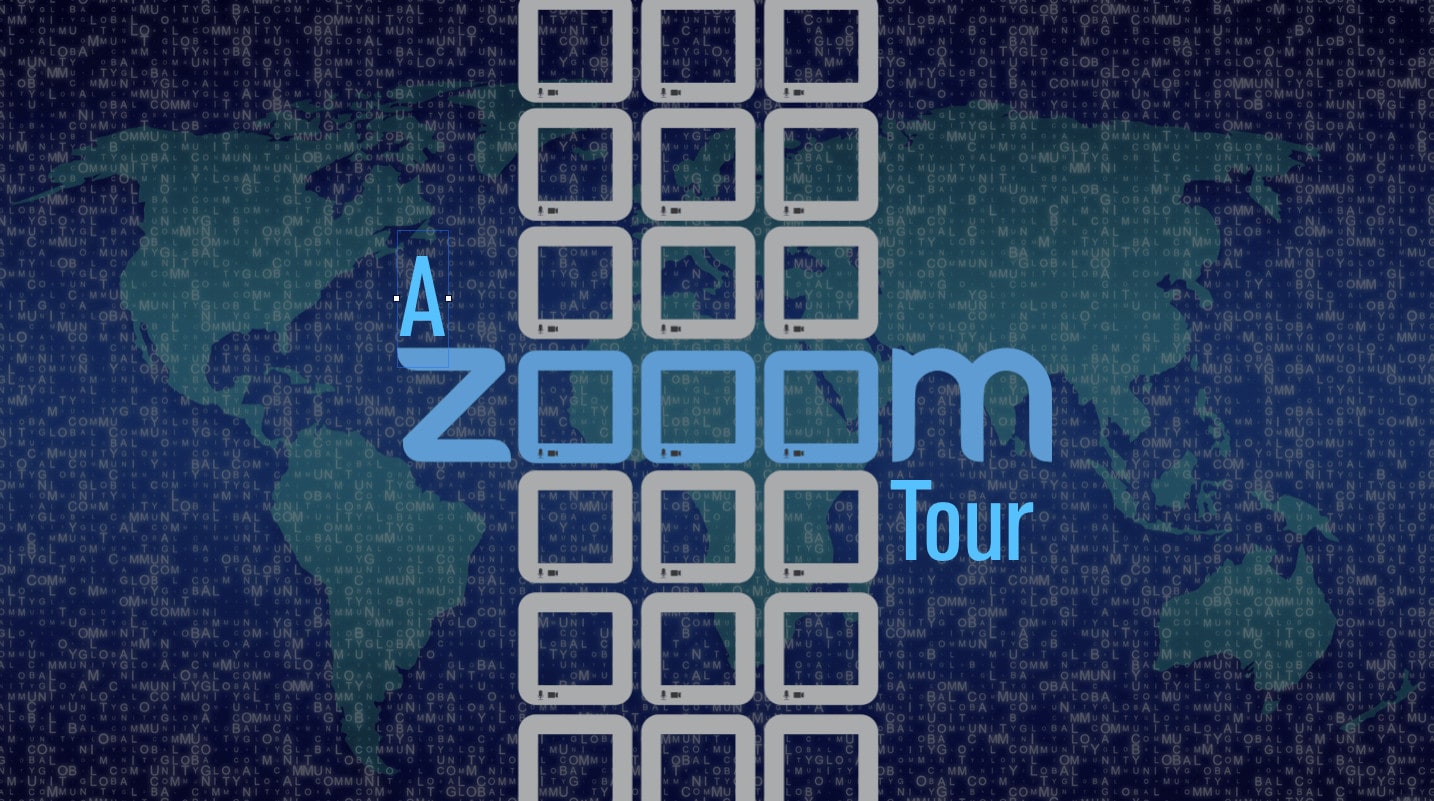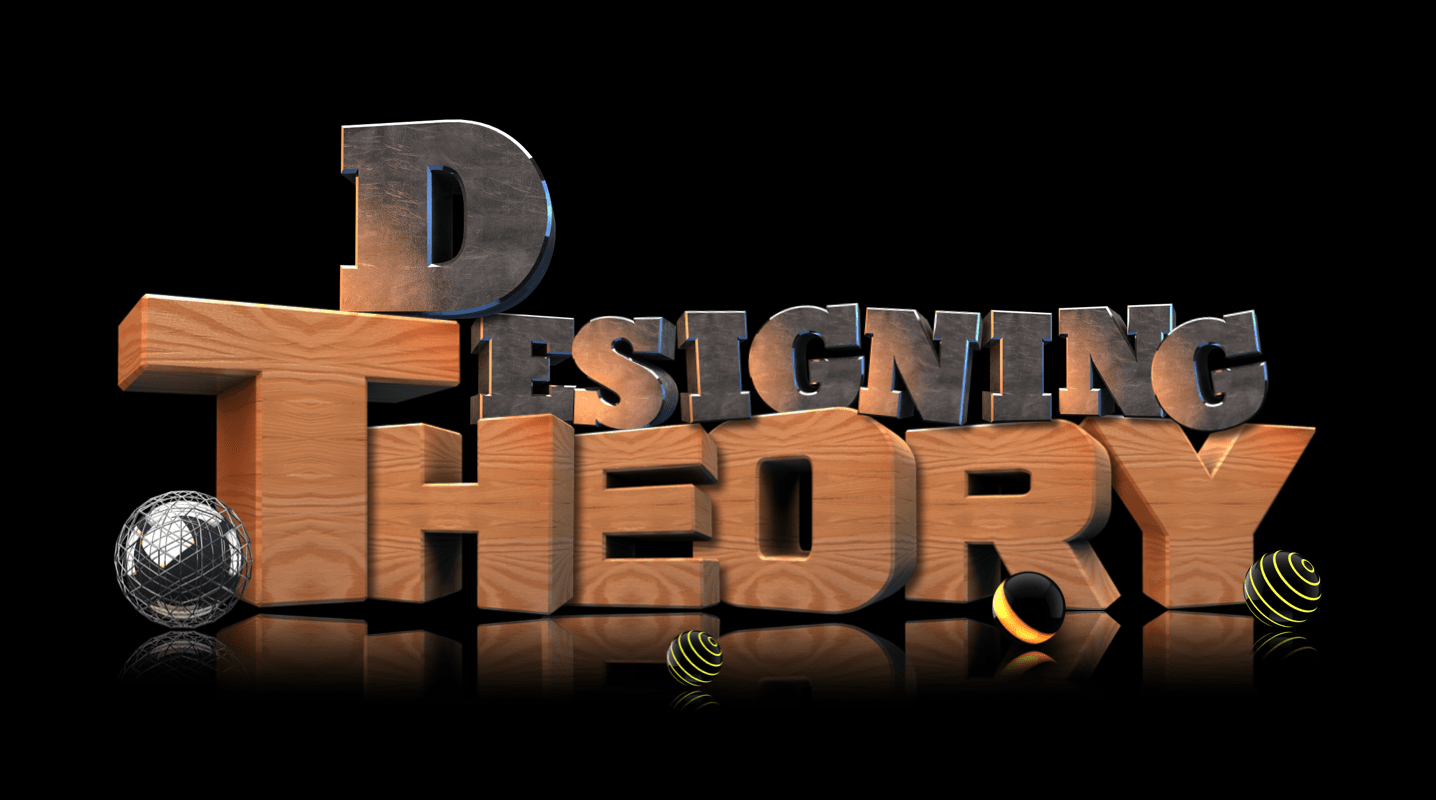TCRecord this week features an article by Gary Natriello titled Modest Changes, Revolutionary Possibilities: Distance Learning and the Future of Education. As the abstract says
In this essay, I take stock of the developments shaping distance learning and consider the implications for educational researchers and for the future of education. I proceed in four stages. First, I consider the constellation of forces leading to the development of distance education and the emerging shape of this part of the education sector. Second, I review the development of distance learning to date, a path of development based largely on the extension of and borrowing from existing educational arrangements and patterns in face-to-face education. Third, I explore developments at the leading edge of contemporary distance learning that depart in some more substantial way from patterns characteristic of face-to-face education. Fourth, I consider the implications for educational researchers as well as those for policy makers and educators.
The article by itself is not revolutionary but is a good review of the field with some pointers to possible futures. It is surprising to me just how many faculty members in higher education still resist this phenomenon. A few years ago I had written an essay on the rise of this new technology, musing on what we lose and gain by going the online route. I had ended the essay, speaking of this new world of online learning, as follows:
And it is not that I want to stop this Juggernaut. I am no Luddite (at least most of the time). I know the world of tomorrow will have its own way of handing these things. Its not going to be the way I did it but it’ll work, for the most part. Strange though it does seem, people do fall in love online — though the virtual version does seem messier in some ways (and not messy enough in others). However, I do feel that in educational terms we are on the cusp of something big here. Maybe not as big as print, but maybe akin to the rise of the universities way back during the renaissance. Only it may mean the death of universities.
My memories of my undergraduate life are, I am sure, quite similar to that of my father, and most probably those of my grandfather as well. My children, I think, will have very different memories. So something has changed. And yet, in certain ways our memories will be similar. I know that humans being the social creatures we are, are not easy to put down. We will find ways to get together and chat and have chai. The real kind, the one that can scald your mouth, not the virtual type, just a mouse-click away. But I am old enough to feel nostalgic about the fact that maybe no-one will sit below the neem tree, with a chai in hand, watching the peacock dance!
You can read the complete essay Tea & Technology here.



0 Comments